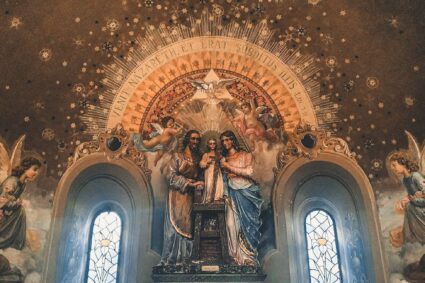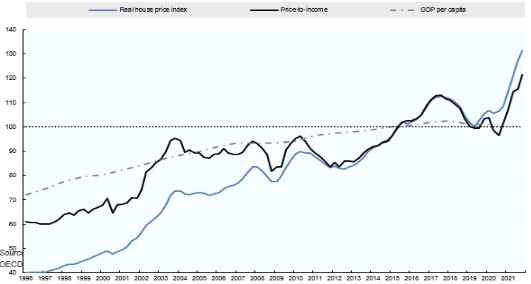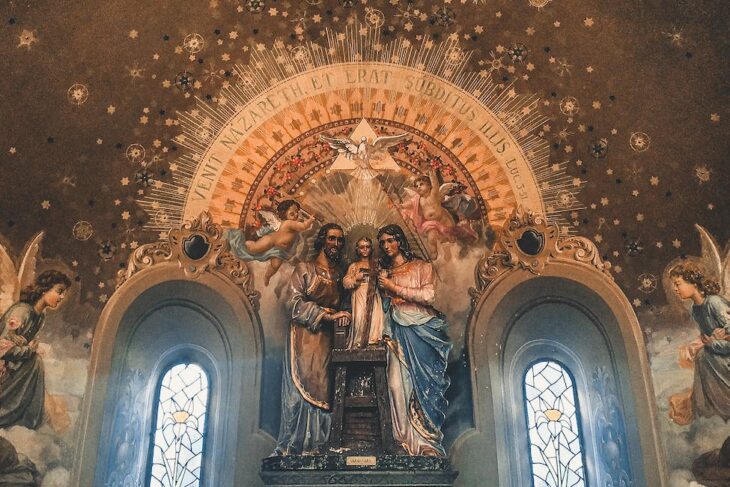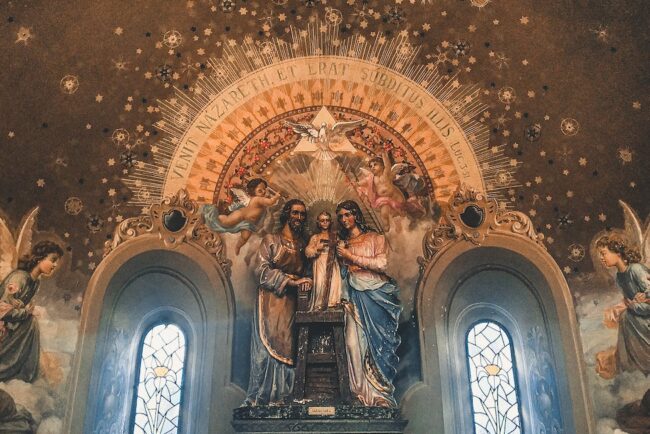by Sudha Hamilton
Looking back in time in search of the origins of astrology, we are faced with the question, what is astrology? Is it an advanced scientific hypothesis, based on the premise that the heavenly bodies give off an ‘influence,’ which affects individual events on earth, or is it primarily a universal language, as argued by Giovanni Pontano, the Italian Renaissance astrologer? Pontano’s treatise, On Celestial Things, published in 1512, stated that astrology is “a language of the stars and planets that formed the letters of a cosmic alphabet that conformed in all essential ways to the language of humans.” In my experience as an astrologer, it has been the latter definition, which has made most sense to me and encouraged me to take the journey of life guided by the stars above.
It is generally agreed that humankind’s look to the stars has been one that all the tribes of earth – indeed, every culture – has shared in. Evidence of this remains today on ancient cave and wall paintings, and on surviving archaeological tablets and texts in museums around the world. To look up at the night sky and witness the incredible changes of the celestial light show would have been profoundly awe-inspiring. It would also have stimulated the formation of a number of basic philosophical questions like: why are we here? What is nature of time? Who controls the movement of the stars across the heavens? When we ask, what is the history of astrology? We must consider that, incredibly, there once was a time when the inhabitants of this world did not know what time it was! Imagine how that would affect everything you did or wanted to do.
Continued in Healing Our Wellbeing by Sudha Hamilton



















